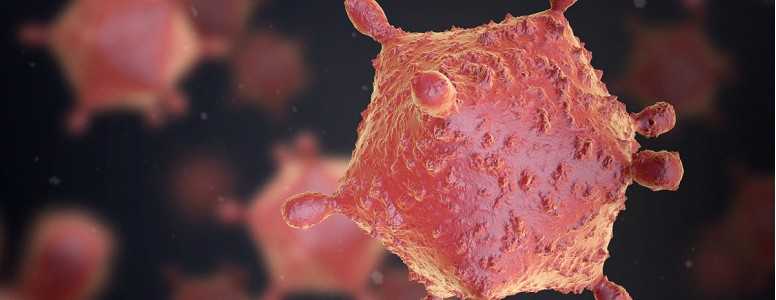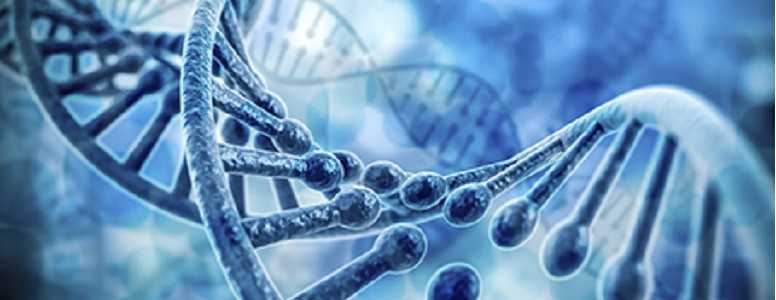Researchers have uncovered four viruses that can produce insulin-like hormones that may help towards understanding type 1 diabetes.
Lead researcher Dr Emrah Altindis is a research fellow at the Joslin Diabetes Center and had attended a seminar on the possible causes of the autoimmune reaction that leads to type 1 diabetes. His previous research had focused on developing vaccines against bacteria and he developed an interest in finding whether bacteria or viruses might create insulin-like peptides. Peptides are small versions of proteins that regulate the activity of other molecules in the body.
Altindis’ team of researchers analysed large research databases that included genomic sequences of viruses. The investigation identified a number of viruses that can produce peptides that are similar to 16 human hormones and regulatory proteins. Strikingly, four viruses had insulin-like genomic sequences.
The researchers then set about producing the viral insulin-like peptides (VILPs) in the lab and tested the effects of the VILPs on human cells. The experiments showed that the VILPs were able to bind to human receptors for insulin and another hormone, insulin-like growth factor 1 (IGF-1).
Furthermore, the viral peptides were able to stimulate all of the signaling pathways that human insulin and IGF-1 can. The peptides therefore acted very similarly to both insulin and IGF-1. When the researchers injected mice with the peptides they found that they lowered blood glucose levels.
The researchers note that one interpretation of the findings is that it might indicate that viruses could be a trigger for type 1 diabetes. Dr C. Ronald Kha, Joslin’s chief academic officer and senior author of the study, stated: “It may be that these or similar microbial insulin-like molecules could be an environmental trigger to start the autoimmune reaction in type 1 diabetes. On the other hand, you could also imagine that this might desensitize the immune response and could be protective.”
The research raises the question of whether the body attacks healthy cells in the pancreas in an attempt to kill off a virus that may behave in a very similar way to insulin.
Another question is whether these viruses infect and impact upon humans in nature. The viruses are known to infect fish and the researchers have found evidence that humans are exposed to the viruses as they have been found in a database of viruses found in the human intestine.
The researchers are keen to further their research to investigate more viral hormones that may affect humans. Dr Kahn provided the following information: “There are thought to be more than 300,000 viruses that can infect or be carried in mammals, and only 7,500 or so of these, or about 2.5%, have been sequenced. Thus, we certainly expect to find many more viral hormones, including more viral insulins, in the future.”
The findings have been reported by a news release of the Joslin Diabetes Center and the study will be published in the journal of the Proceedings of the National Academy of Sciences.
What's new on the forum? ⭐️
Get our free newsletters
Stay up to date with the latest news, research and breakthroughs.









